Is Britain a hostile environment for trans people? The United Nations’ independent expert on sexual orientation and gender identity has delivered his verdict – and it isn’t good. Victor Madrigal-Borloz, a lawyer from Costa Rica, said following a ten-day visit to the country: ‘I am deeply concerned about increased bias-motivated incidents of harassment, threats, and violence against LGBT people, including a rampant surge in hate crimes in the UK.’
But his statement was stronger on rhetoric than evidence. An unnamed ‘elected officer’ in Belfast told him that ‘I have never seen so much unadulterated hatred as currently directed toward the trans community’. He also claimed in his report, which is to be presented to the government, that an anonymous MP remarked that ‘there is more fear in the streets than there used to be’.
And if those encounters weren’t sufficient to drive home his case, he cited a ‘Welsh civil society representative’ who bemoaned the ‘frequent posting of messages on Twitter by a prominent politician that appeared to be opposed to LGBT persons’ equal enjoyment of human rights’.
But I have found it hard to square these descriptions with the tolerant, diverse and accepting society that I know the UK to be.
A wise government would simply just dismiss Madrigal-Borloz’s statement as the opinion of someone who spent his time listening only to those who reinforced his worldview
During Madrigal-Borloz’s visit, in which he assessed the state of LGBT rights in the UK, he explained that he had ‘received information about thousands of articles spreading misinformation and witnessed first-hand the casual appropriation by top-level political actors of rhetoric deeply associated with the questioning of legal protections on the basis of gender reassignment’. A key example? The question ‘what is a woman’. This seemingly unacceptable discourse, he declared, ‘is commonly asked by “gender-critical” actors to challenge the legal recognition of trans women under UK law’.
Let’s just stop there. It is a perfectly reasonable question with a perfectly clear answer: a woman is an adult human female. That doesn’t challenge anybody’s rights – it is a statement of biological truth. But in these strange times, it seems that even science might be seen by some as transphobic.
An otherwise uninformed reader of this statement might imagine that the UK is a miserable place for trans people. Madrigal-Borloz reported that some trans people are ‘so scared that they do not leave their homes’, and said that one Scottish trans man had told him that ‘Westminster is trying to terrorise us’. I worry that the fear is of fear itself.
A wise government would simply just dismiss Madrigal-Borloz’s statement – all 94 paragraphs of it – as the opinion of someone who spent his time listening only to those who reinforced his worldview. For example, while the UK government is preparing transgender guidance for schools, Madrigal-Borloz held a meeting with ‘a leading organisation working with LGBT youth in the UK’. This mysterious outfit was alarmed that schools might be advised to report ‘trans children’s gender identities to their parents’ and that those children might be excluded from single-sex spaces and sports activities.
Of course, parents should expect to be told when their children are dabbling in a culture that celebrates the medical and surgical transition of youngsters. And female pupils also have rights, specifically to single-sex spaces and single-sex sport, something that that the so-called independent expert appears to overlook.
After its meeting with Madrigal-Borloz, the LGB Alliance – a charity that supports people who are same-sex attracted – was unimpressed. It described him as being ‘ignorant about many of the threats to homosexuals’. In its published account of the meeting, the LGB Alliance said that he had not even heard of Keira Bell – the young detransitioner who famously took the Tavistock’s gender identity service for under-18s to the High Court. But detransitioners upset the narrative that everyone has a gender identity that must be affirmed. As the LGB Alliance pointed out: ‘Around the world, children and young people who do not conform to sexist stereotypes are being told the lie that it is possible to change sex and that it may be desirable to do so. This lie is leading them to make irreversible, damaging and totally unnecessary changes to their bodies.’
But if activists get their way, talking therapy may be even harder to access. Across the world there has been a co-ordinated campaign to stamp out conversion practices. It’s unclear why this has become so urgent, certainly in the UK where abusive and coercive practices are already illegal. But the man from the UN recalled in several meetings his global call to end practices of conversion. He reported that the UK government informed him that ‘it had finalised consultations in relation to draft legislation for England and Wales, and that it is committed to publish the draft legislation for pre-legislation scrutiny in the current parliamentary session’.
This worries me greatly. I am concerned that this legislation might prevent therapists from engaging in normal exploratory therapy with young people. Anything short of immediate and unquestioning affirmation could be framed as an attempt to change a client’s gender identity – an accusation that could also be made against well-meaning family members.
Madrigal-Borloz indicated his readiness to provide technical advice on any such bill. The government should file that offer in the same place as it should file his statement.
Got something to add? Join the discussion and comment below.
Get 10 issues for just $10
Subscribe to The Spectator Australia today for the next 10 magazine issues, plus full online access, for just $10.

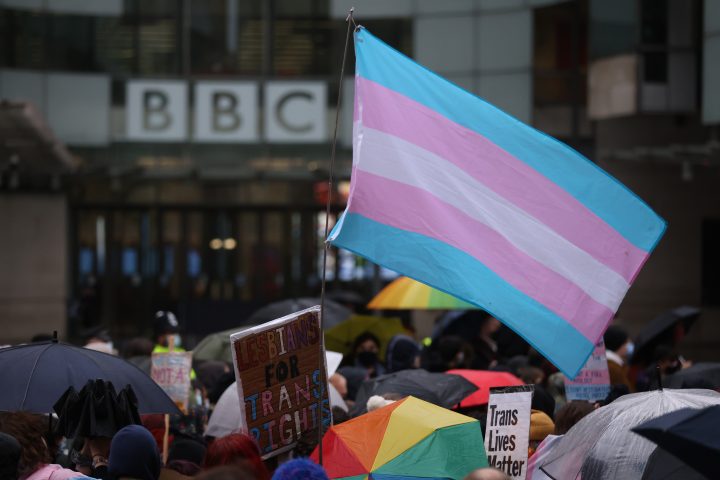
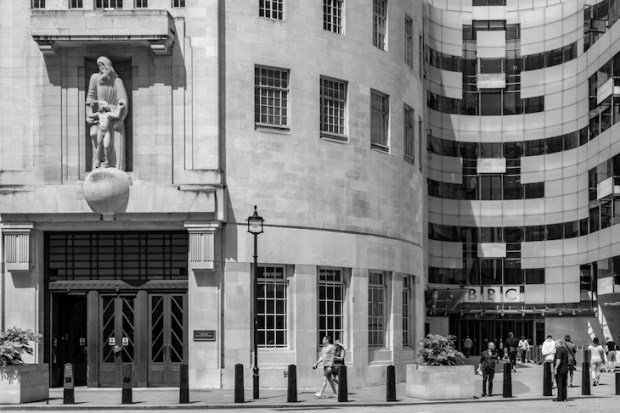
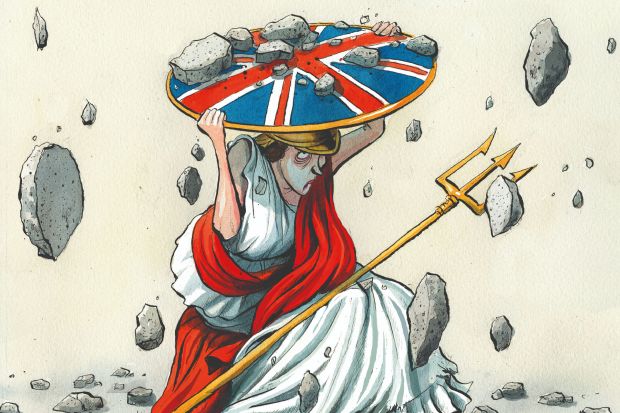
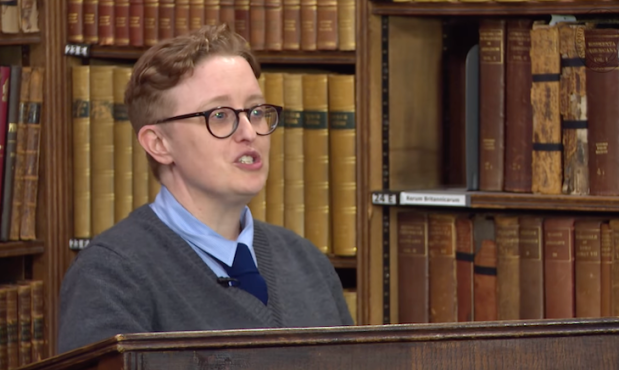
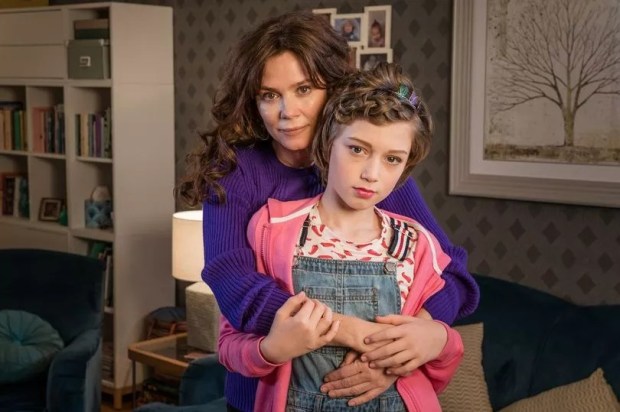

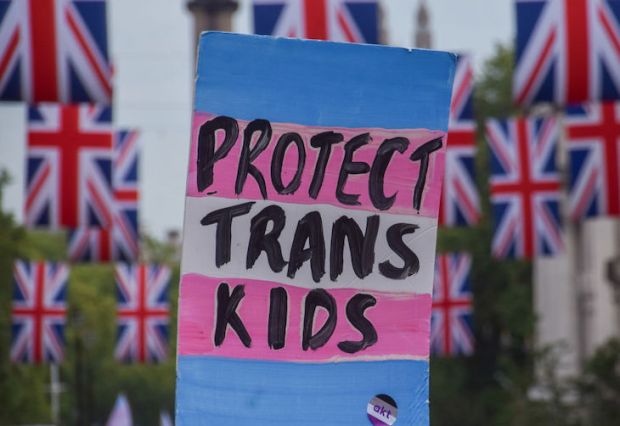












Comments
Don't miss out
Join the conversation with other Spectator Australia readers. Subscribe to leave a comment.
SUBSCRIBEAlready a subscriber? Log in